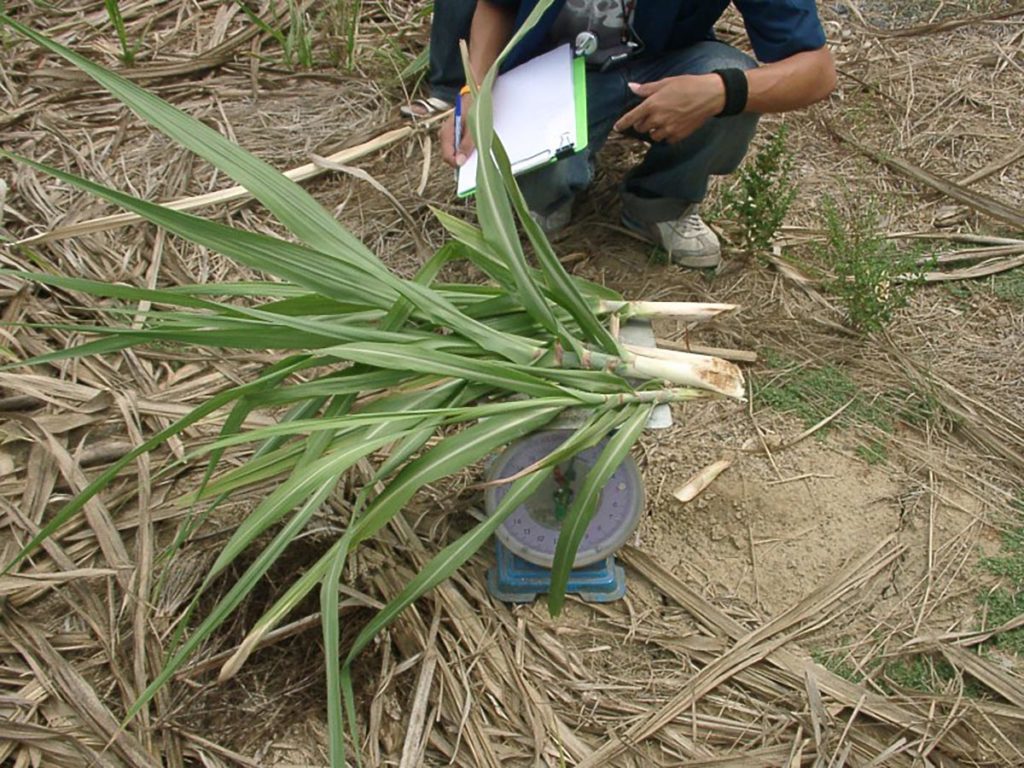Because of an unintended rise in temperature within the hydrolysis and digester tanks, only 17 tons of Maize are now being fed per day
In 2015, we built 8 biogas plants in the UK, each 499 kW. As we are still in charge for the biological support today, we are having monthly “Operations Calls” with them.
Last October, Steve, the local consultant for 4 of the SLP plants, mentioned that they had a faulty temperature sensor in the hydrolysis tank at one of the plants. The temperature rose from mesophile up to 50 C° in the digester and remained unnoticed because of the silage period. Now they are only feeding 17 tons of maize per day for (reaching) the 499 kW. Before this incident, they fed between 21 and 25 tons per day. That´s a reduction of more than 20 % or, considering maize prices in the UK, savings of more than 70.000 € per year.
For more than 2 years...
we had been telling Steve that in Germany there are biogas plants with a batch hydrolysis that feed such little amounts of feedstock at more than 8,600 full load hours. But he didn´t want to rise the temperature because thermophile operation is considered to be “more difficult, more dangerous and less stable”. That´s the typical yesterday´s gossip of wrenches and welders in the biogas industry from the 90s. They had only little to no clue at all regarding biology.
Prof. Scherer and Fraunhofer-Institute scientists have proven these additional yields caused by higher temperature and appropriate temperature control scientifically.
SLP farmers and customers are showing the same results in every-day-practice. Nevertheless, the Non-Sense of “more difficult, more dangerous and less stable” continues to be resistant.
Christian Dany cites KTBL (Board of Trustees for Technology and Building Trade in the Agricultural Sector) in an article published in the trade journal “Sonne, Wind und Wärme” :
“This is the reason for average degradation rates of 65% within biogas plants.“
With a 500 kW biogas plant, annual additional costs which are caused by an inefficient biology sum up to 50.000 – 70.000 €, depending on the price of maize silage.
What´s even more burdening financially is the fact that cheap but fibrous feedstock can hardly or not at all be utilized at low temperatures within the plant. Not even a pre-mounted hammer mill can change that.
If you think your biology is not working well and your feedstock costs are too high, just give me a call: +49 151 701 151 70.






